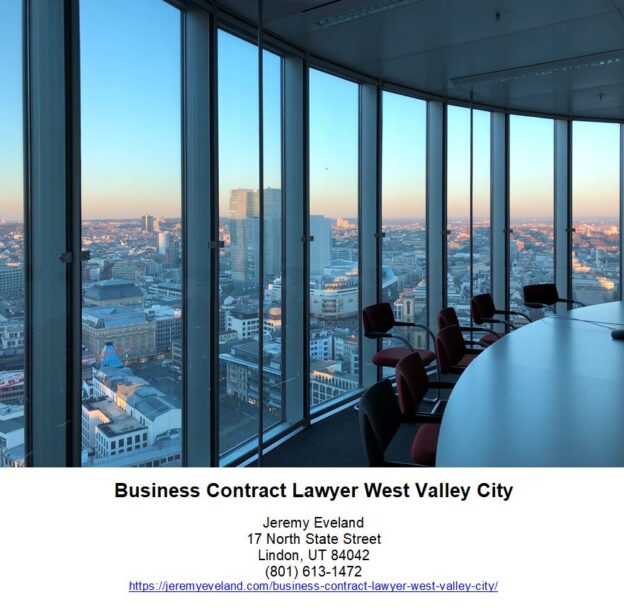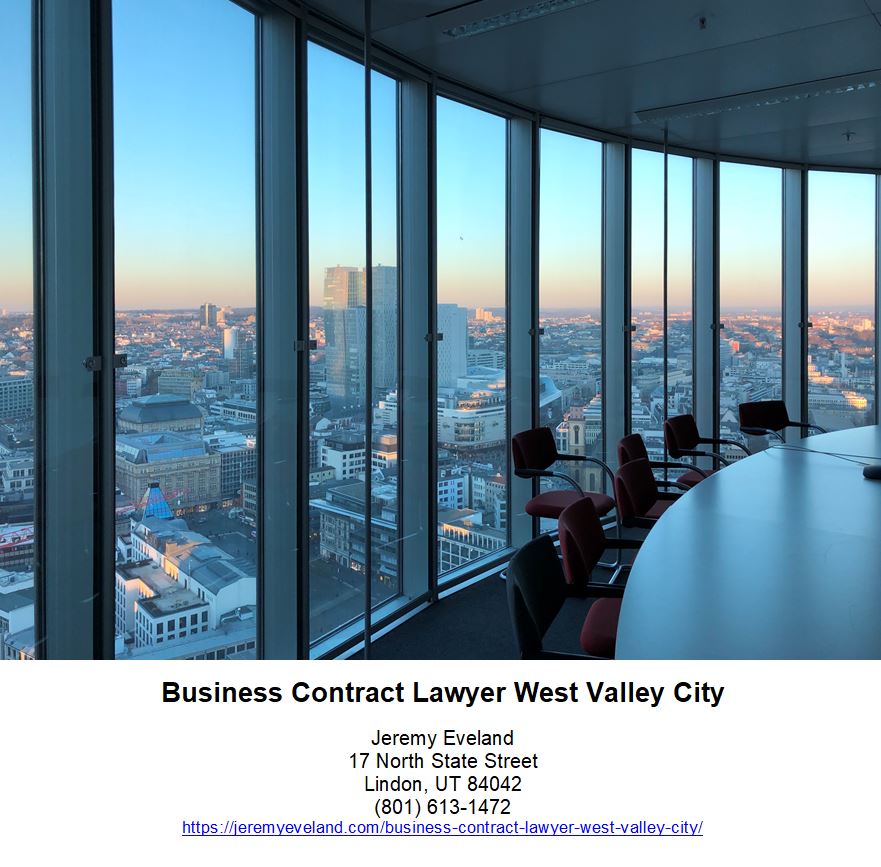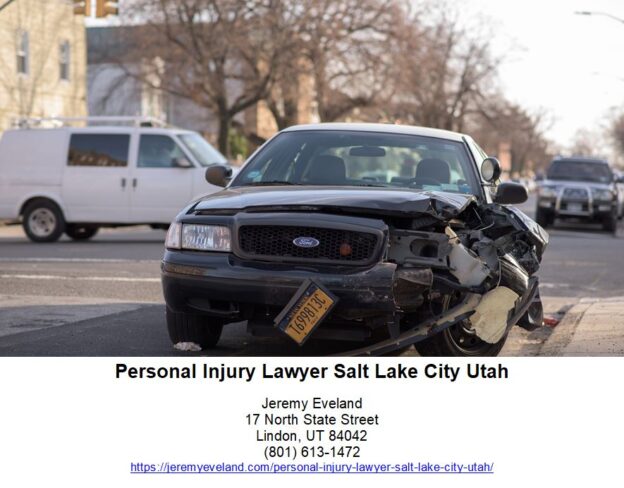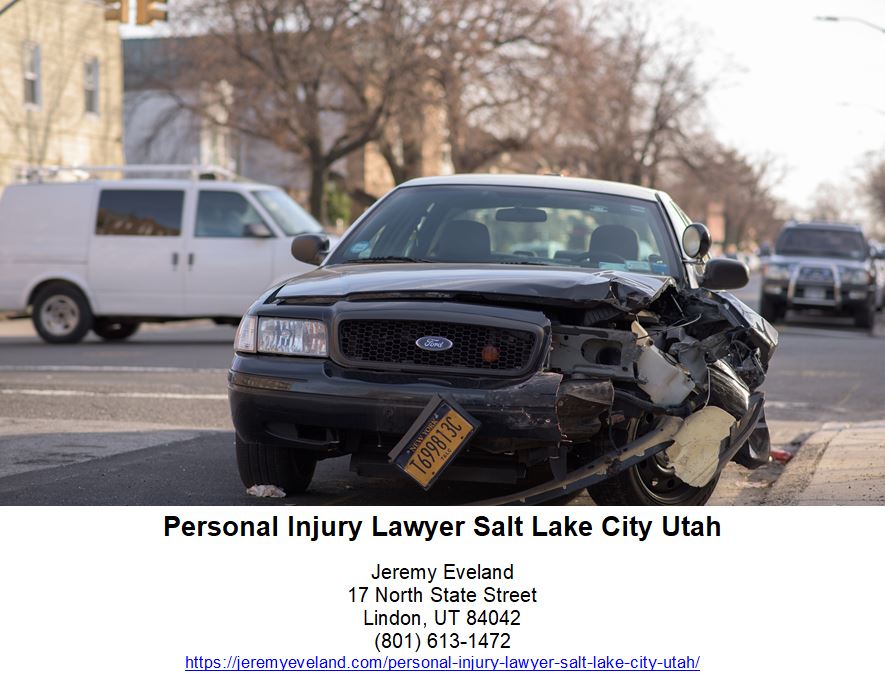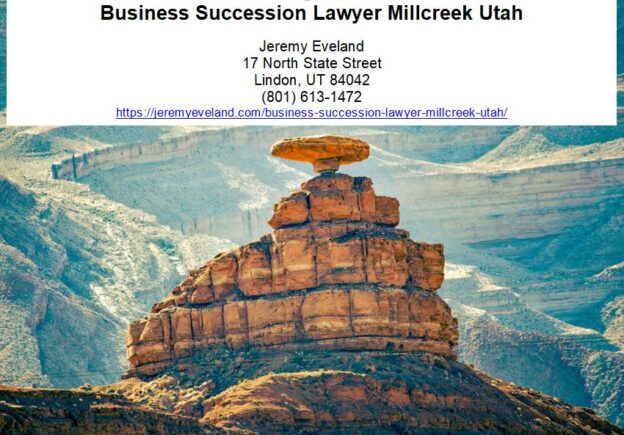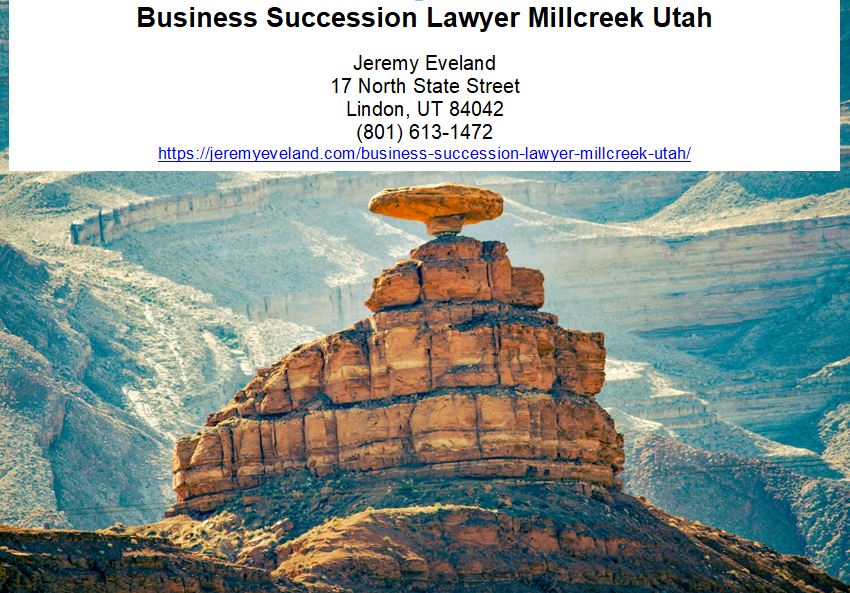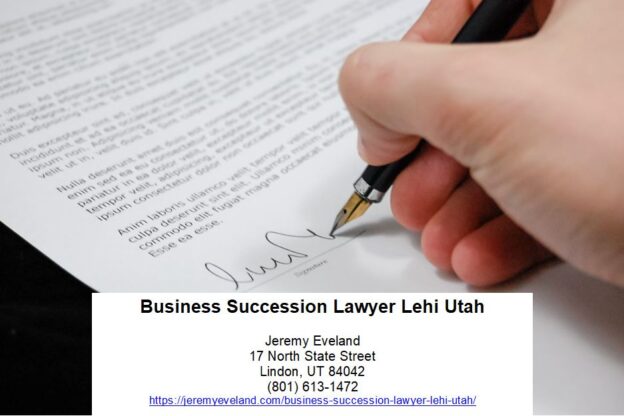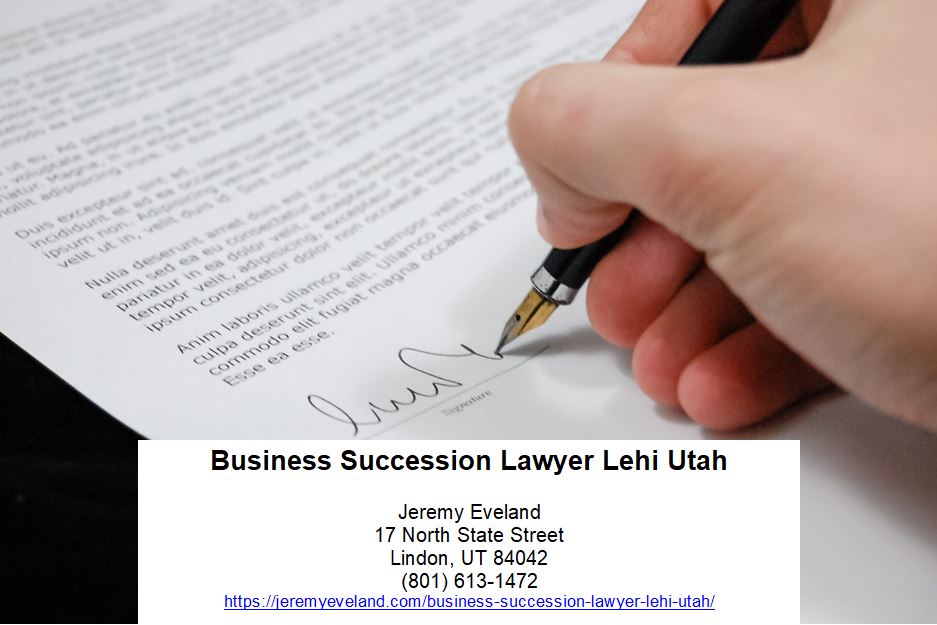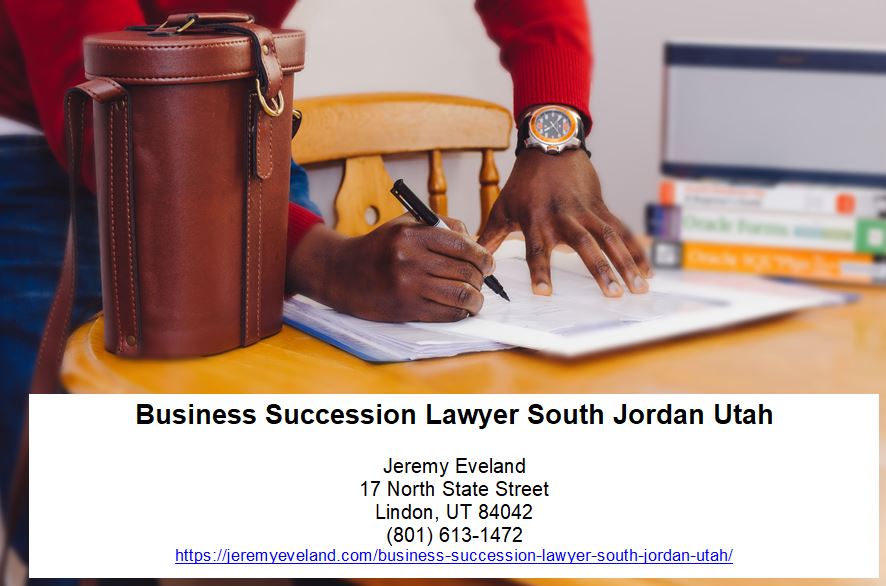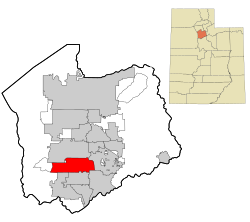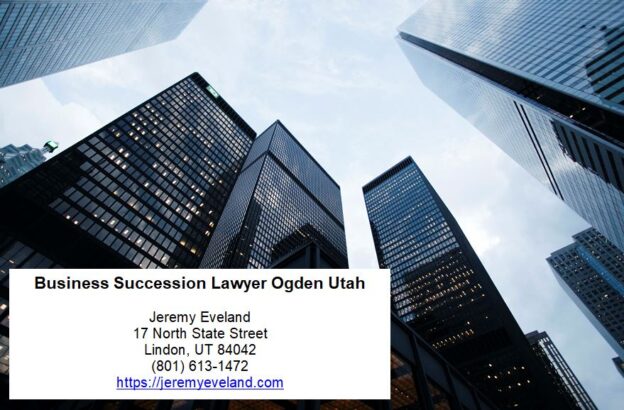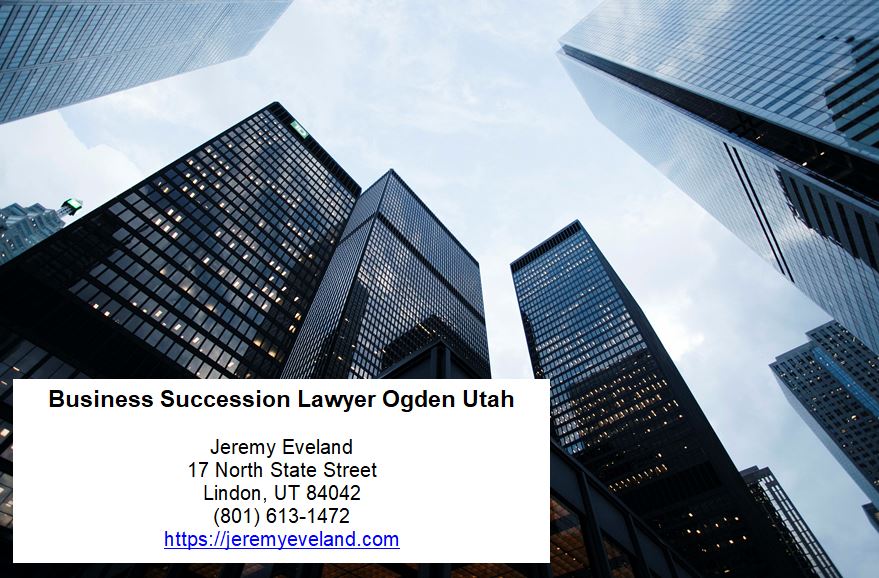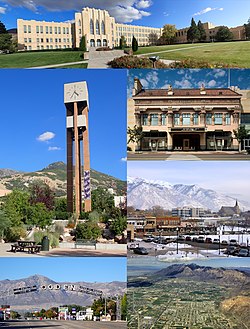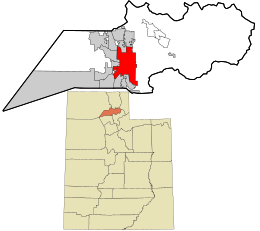Business Lawyer West Jordan Utah
-
Table of Contents
- The Benefits of Hiring a Business Lawyer in West Jordan, Utah
- Understanding the Different Types of Business Law in West Jordan, Utah
- How to Choose the Right Business Lawyer for Your Needs in West Jordan, Utah
- Common Mistakes to Avoid When Working with a Business Lawyer in West Jordan, Utah
- The Advantages of Working with a Local Business Lawyer in West Jordan, Utah
The Benefits of Hiring a Business Lawyer in West Jordan, Utah
Hiring a business lawyer in West Jordan, Utah can be a great asset to any business. A business lawyer can provide invaluable advice and guidance on a variety of legal matters, from contract negotiations to dispute resolution. Here are some of the benefits of hiring a business lawyer in West Jordan, Utah:
1. Expertise: Business lawyers in West Jordan, Utah have a deep understanding of the laws and regulations that govern businesses in the state. They can provide advice on how to comply with the law and protect your business from potential legal issues.
2. Negotiation: Business lawyers in West Jordan, Utah are experienced negotiators. They can help you negotiate contracts, leases, and other agreements with vendors, customers, and other parties.
3. Dispute Resolution: Business lawyers in West Jordan, Utah can help you resolve disputes with customers, vendors, and other parties. They can provide advice on how to handle the situation and represent you in court if necessary.
4. Tax Advice: Business lawyers in West Jordan, Utah can provide advice on how to minimize your tax liability and maximize your profits. They can also help you understand the tax implications of certain business decisions.
5. Business Formation: Business lawyers in West Jordan, Utah can help you form a business entity, such as a corporation or limited liability company. They can also provide advice on how to structure the business to maximize its potential.
Hiring a business lawyer in West Jordan, Utah can be a great asset to any business. A business lawyer can provide invaluable advice and guidance on a variety of legal matters, from contract negotiations to dispute resolution. With their expertise and experience, business lawyers in West Jordan, Utah can help you protect your business and maximize its potential.
Understanding the Different Types of Business Law in West Jordan, Utah
Business law in West Jordan, Utah is a complex and ever-evolving field of law. It encompasses a wide range of legal topics, including contracts, torts, business organizations, and intellectual property. Understanding the different types of business law is essential for any business operating in West Jordan, Utah.
Contract Law: Contract law is the foundation of business law in West Jordan, Utah. It governs the formation, performance, and enforcement of contracts between two or more parties. Contract law is essential for businesses to protect their interests and ensure that their agreements are legally binding.
Tort Law: Tort law is a branch of civil law that deals with wrongs committed against individuals or businesses. It provides a legal remedy for those who have suffered harm due to the negligence or intentional acts of another. In West Jordan, Utah, tort law is used to protect businesses from liability for damages caused by their products or services.
Business Organizations: Business organizations are legal entities that are created to conduct business activities. In West Jordan, Utah, there are several types of business organizations, including corporations, limited liability companies, partnerships, and sole proprietorships. Each type of business organization has its own set of rules and regulations that must be followed.
Intellectual Property Law: Intellectual property law is a branch of law that deals with the protection of creative works, such as inventions, designs, and trademarks. In West Jordan, Utah, intellectual property law is used to protect businesses from the unauthorized use of their intellectual property.
These are just a few of the different types of business law in West Jordan, Utah. It is important for businesses to understand the different types of business law and how they apply to their operations. By doing so, businesses can ensure that their activities are conducted in accordance with the law and that their interests are protected.
How to Choose the Right Business Lawyer for Your Needs in West Jordan, Utah
When starting or running a business, it is important to have the right legal advice and representation. A business lawyer can help you navigate the complexities of business law and ensure that your business is compliant with all applicable laws. If you are in West Jordan, Utah, and are looking for a business lawyer, there are a few key factors to consider.
First, you should consider the lawyer’s experience and expertise. Make sure that the lawyer you choose has experience in the specific area of business law that you need help with. Ask for references and check their credentials to ensure that they are qualified to handle your case.
Second, you should consider the lawyer’s fees. Different lawyers charge different rates, so it is important to find one that fits within your budget. Ask for a fee schedule and make sure that you understand all of the costs associated with the lawyer’s services.
Third, you should consider the lawyer’s availability. Make sure that the lawyer you choose is available to meet with you when you need them. Ask about their availability and make sure that they are willing to work with your schedule.
Finally, you should consider the lawyer’s reputation. Ask around to see what other people have to say about the lawyer. Check online reviews and ask for references to get an idea of the lawyer’s reputation.
By considering these factors, you can find the right business lawyer for your needs in West Jordan, Utah. With the right lawyer, you can ensure that your business is compliant with all applicable laws and that you have the legal advice and representation you need.
Common Mistakes to Avoid When Working with a Business Lawyer in West Jordan, Utah
1. Not Being Clear About Your Goals: When working with a business lawyer, it is important to be clear about your goals and objectives. Make sure to provide your lawyer with a detailed description of your business and the legal issues you are facing. This will help your lawyer to better understand your needs and provide you with the best advice.
2. Not Being Prepared: Before meeting with your lawyer, make sure to have all the necessary documents and information ready. This includes any contracts, financial statements, and other relevant documents. Having this information ready will help your lawyer to provide you with the best advice and help you to avoid any unnecessary delays.
3. Not Understanding the Legal Process: It is important to understand the legal process and the different steps involved. Make sure to ask your lawyer questions and to understand the process before making any decisions.
4. Not Following Your Lawyer’s Advice: Your lawyer is there to provide you with the best advice and guidance. Make sure to follow their advice and to take their advice seriously. Ignoring your lawyer’s advice can lead to costly mistakes and delays.
5. Not Being Open and Honest: When working with a business lawyer, it is important to be open and honest. Make sure to provide your lawyer with all the necessary information and to be truthful about any facts or circumstances. This will help your lawyer to provide you with the best advice and help you to avoid any potential legal issues.
The Advantages of Working with a Local Business Lawyer in West Jordan, Utah
Working with a local business lawyer in West Jordan, Utah can provide a number of advantages for business owners. A local lawyer is familiar with the laws and regulations that apply to businesses in the area, and can provide valuable advice and guidance on how to best comply with them. Additionally, a local lawyer can provide personalized service and attention to the specific needs of the business.
One of the primary advantages of working with a local business lawyer is that they are familiar with the local laws and regulations that apply to businesses in the area. This can be especially beneficial for businesses that are just starting out, as they may not be aware of all the legal requirements that must be met. A local lawyer can provide advice on how to best comply with the applicable laws and regulations, and can help ensure that the business is operating in compliance with them.
Another advantage of working with a local business lawyer is that they can provide personalized service and attention to the specific needs of the business. A local lawyer can provide advice on how to structure the business, how to protect the business’s assets, and how to handle any legal issues that may arise. Additionally, a local lawyer can provide assistance with contract negotiations, dispute resolution, and other legal matters.
Finally, working with a local business lawyer can provide peace of mind. A local lawyer is familiar with the local court system and can provide guidance on how to best navigate it. Additionally, a local lawyer can provide advice on how to protect the business’s interests in the event of a dispute or lawsuit.
Overall, working with a local business lawyer in West Jordan, Utah can provide a number of advantages for business owners. A local lawyer is familiar with the laws and regulations that apply to businesses in the area, and can provide valuable advice and guidance on how to best comply with them. Additionally, a local lawyer can provide personalized service and attention to the specific needs of the business, as well as assistance with contract negotiations, dispute resolution, and other legal matters. Finally, working with a local lawyer can provide peace of mind, as they are familiar with the local court system and can provide guidance on how to best navigate it.
Business Lawyer West Jordan Utah Consultation
When you need legal help from a Business Lawyer West Jordan Utah, call Jeremy D. Eveland, MBA, JD (801) 613-1472 for a consultation.
Jeremy Eveland
17 North State Street
Lindon UT 84042
(801) 613-1472
Related Posts
Salt Lake City Business Transaction Attorney
Business Succession Lawyer Herriman Utah
What Are The Advantages Of Hiring A Business Lawyer?
Business Succession Lawyer Logan Utah
What Is The Relationship Between Business Law And Economies?
Business Transaction Lawyer West Valley City Utah
Do I Need A Permit To Start A Business In Utah?
Business Succession Lawyer Draper Utah
Business Contract Lawyer Salt Lake City
What Is The Difference Between Corporate And Commercial Law?
Business Contract Lawyer West Valley City
Business Lawyer West Jordan Utah
West Valley City, Utah
West Jordan, Utah
|
West Jordan, Utah
|
|
|---|---|
|
City
|
|
| City of West Jordan | |

West Jordan City Hall
|
|

Location in Salt Lake County and the state of Utah
|
|
| Coordinates: 40°36′23″N 111°58′34″WCoordinates: 40°36′23″N 111°58′34″W | |
| Country | United States |
| State | Utah |
| County | Salt Lake |
| Settled | 1848 |
| Incorporated | 1941 |
| Named for | Jordan River |
| Government
|
|
| • Mayor | Dirk Burton [1] |
| Area | |
| • Total | 32.33 sq mi (83.73 km2) |
| • Land | 32.33 sq mi (83.73 km2) |
| • Water | 0.00 sq mi (0.00 km2) |
| Elevation
|
4,373 ft (1,333 m) |
| Population
(2020)
|
|
| • Total | 116,961 |
| • Density | 3,617.72/sq mi (1,396.88/km2) |
| Time zone | UTC−7 (Mountain (MST)) |
| • Summer (DST) | UTC−6 (MDT) |
| ZIP codes |
84081, 84084, 84088
|
| Area code(s) | 385, 801 |
| FIPS code | 49-82950[3] |
| GNIS feature ID | 1434086[4] |
| Website | www |
West Jordan is a city in Salt Lake County, Utah, United States. It is a suburb of Salt Lake City and has a mixed economy. According to the 2020 Census, the city had a population of 116,961,[5] placing it as the third most populous in the state.[6] The city occupies the southwest end of the Salt Lake Valley at an elevation of 4,330 feet (1,320 m). Named after the nearby Jordan River, the limits of the city begin on the river’s western bank and end in the eastern foothills of the Oquirrh Mountains, where Kennecott Copper Mine, the world’s largest man-made excavation, is located.
Settled in the mid-19th century, the city has developed into its own regional center. As of 2012, the city has four major retail centers; with Jordan Landing being one of the largest mixed-use planned developments in the Intermountain West.[7] Companies headquartered in West Jordan include Mountain America Credit Union, Lynco Sales & Service, SME Steel, and Cyprus Credit Union. The city has one major hospital, Jordan Valley Medical Center, and a campus of Salt Lake Community College.
City landmarks include Gardner Village, established in 1850, and South Valley Regional Airport, formerly known as “Salt Lake Airport #2”. The airport serves general aviation operations as well as a base for the 211th Aviation Regiment of the Utah Army National Guard flying Apache and Black Hawk helicopters.
[geocentric_weather id=”e2b65532-5e0e-4879-a208-44b90741c36a”]
[geocentric_about id=”e2b65532-5e0e-4879-a208-44b90741c36a”]
[geocentric_neighborhoods id=”e2b65532-5e0e-4879-a208-44b90741c36a”]
[geocentric_thingstodo id=”e2b65532-5e0e-4879-a208-44b90741c36a”]
[geocentric_busstops id=”e2b65532-5e0e-4879-a208-44b90741c36a”]
[geocentric_mapembed id=”e2b65532-5e0e-4879-a208-44b90741c36a”]
[geocentric_drivingdirections id=”e2b65532-5e0e-4879-a208-44b90741c36a”]
[geocentric_reviews id=”e2b65532-5e0e-4879-a208-44b90741c36a”]



